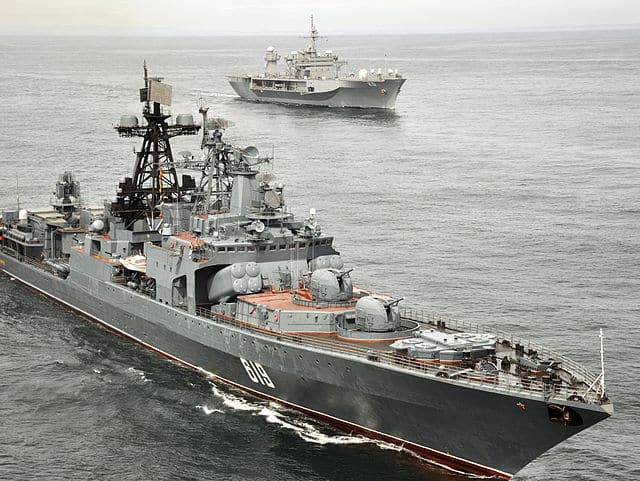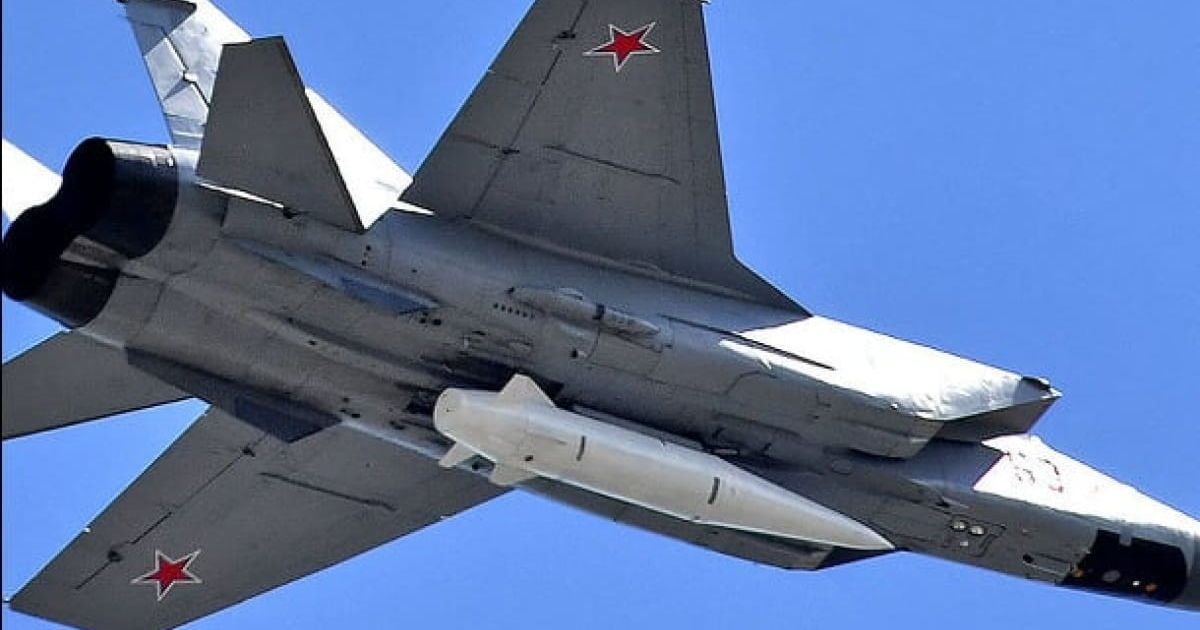Table of Contents
Several years of daily hard work under the watchful eye of a supervisor who can beat you, hazy prospects of ever getting out of here, and instead of payment — food, a bed in the barracks, and 350-700 UAH per month. That’s what conscription service in Ukraine is like in wartime conditions.
Recently, lawmakers have registered a new draft law to release military conscripts from their service. However, experts and even the conscripts themselves doubt that this draft law will help them.
We will tell you how conscripts have become hostages of war and what awaits them in the future.
Catch-22
After the start of a full-scale invasion, Ukrainian conscripted servicemen found themselves in a bureaucratic catch-22. During martial law, they cannot be discharged from military service, even if they have completed their year of service after being drafted. In other words, everyone who was conscripted in 2020 or 2021 remains in service without any prospects of being released.
They also cannot engage in combat even if they desire to do so, as conscripted soldiers are not allowed to participate in active fighting. Despite many conscripts voluntarily taking up arms and defending the country during Russian advance in February 2022, they were all transferred to rear units in July 2022 and prohibited from engaging in combat.
The only way out of this situation is to sign a contract. The minimum term of service under a contract is 3 years, and it cannot be terminated after the cessation of hostilities. In other words, even if the war ends in less than 3 years, the service under the contract will continue.
Conscripts who have been serving since 2020 have already spent over 2 years of their civilian lives in military service. Not everyone dreams of a military career, even if they currently wish to be on the front lines.
“I was drafted into military service on October 6, 2020,” says conscript Mykola (the name was changed, he wishes to remain anonymous). So, as of now, the term of my service is nearly 2.5 years. If I sign a contract for 3 years, I will spend a total of 5.5 years in the army. For me, this is time taken away from my life.”
350 UAH per month
Since March 2022, conscripts started receiving an additional monetary reward, essentially a bonus, of 30,000 UAH. However, starting from February 2023, the rules for calculating military personnel’s salaries changed. Conscripts had this bonus taken away, leaving them practically with nothing. Yesterday, the Parliament voted to reinstate this allowance for everyone, from firefighters to police officers, but there is no money in the budget, and it is currently unknown whether it will be possible to fulfill the decision of the lawmakers.
Military serviceman Ivan Savytskyy is trying to draw attention to the conscripts who have become hostages through his social media accounts. He explained that their salary has always been so low.
“Conscripts are fully provided for by the state. Their salary (referred to as monetary support in the army) has always ranged from 352 UAH to 700 UAH per month. This is a monthly compensation, for example, for cigarettes. Conscripts received the same salary even before the full-scale invasion,” says Savytskyy.
However, although conscripts are formally fully provided for by the state, Ivan considers such a salary unfair.
See also: How negative personnel selection reduces the combat-ready of the Ukrainian army
We have a Soviet stereotype about who conscripts are. It’s not just 18-year-old boys who have just graduated from school. Men up to 25 years old are called up for conscription. And a person can study for 5 years at university, and then they can be drafted — so they could already be 23 years old, for example. These are self-sufficient, adult individuals, some of whom have families — wives and children. Even residents of villages often help their parents. And they need money.
Units also do not provide conscripts with supplies, such as hygiene products. Only soap is given out for free. Mykola explains that his salary of 350 UAH simply isn’t enough to buy everything necessary for personal hygiene.
Another conscript, Maksym (name was changed, he wishes to remain anonymous), who has been serving since the spring of 2021, receives a slightly higher monetary support — 420 UAH per month. He doesn’t complain about the situation he’s in and understands that the war is ongoing, so he cannot be discharged from service. However, he is not willing to serve for such a low salary at the same time.
“You understand that 420 UAH per month is not money. Working another job to earn money is impossible because it’s difficult to plan your day and know if you’ll have free time,” says Maksym.
Maksym is a driver. He starts his service at 6:00 am, goes for breakfast at 8:00 am, and then waits for assignments. If there are work tasks, he goes with his comrades to fulfill them. If not, he waits until evening. Once every few days, Maksym also takes turns on duty.
In the small amount of free time he has, Maksym does some online side jobs. However, the money he earns is insufficient.
Work on the frontlines
In military units, conscripts perform an important function — they work to support the Ukrainian army.
“Conscripts are drivers, accountants, instructors, those who handle ammunition and count them — there are hundreds and thousands of various positions. Librarians, cooks, those who carry buckets from the kitchen to the dining hall, guards of facilities, and those who stand at checkpoints,” explains Ivan Savytskyy.
Mykola, a conscript, says that every day he performs a variety of tasks, from cleaning the territory to cutting wood at the sawmill. Now, for example, he and his fellow soldiers have been assigned the role of builders. The guys are equipping a living quarters for the military — sheathing it with wood, insulating it with mineral wool, and installing electricity.
It’s like being in prison
One particular issue that greatly concerns conscripts is the treatment they receive from higher-ranking military personnel. Recently, a video surfaced online showing a commander kicking a conscript soldier. The incident took place in one of the military units in the Zhytomyr region. After the video was published, the commander publicly admitted his guilt on his Facebook page and explained that he used force against the conscript because he allegedly was on duty while intoxicated.
The State Bureau of Investigations conducted a preliminary investigation and transferred the case to court. The suspected commander has already been suspended from his position, and he faces up to 12 years of imprisonment.
Less scandalous cases of terrible treatment towards conscripted soldiers are not uncommon. In the army, conscripts are considered the “lowest caste” among military personnel.
“It has traditionally been the case in Ukraine that when a man enters conscription service, he ceases to be treated as a human being. We are treated as unpaid labor, as slaves. The attitude of officers and sergeants towards conscripts is dreadful. Responsibilities between contract soldiers and conscripts, even when they hold equal positions and ranks, are distributed unevenly,” says Mykola.
Mykola is outraged by the treatment he and other conscripts receive from their commanders. A few months ago, he and his fellow servicemen were transferred from one military unit to another, and their military identification cards were taken away. According to Mykola, this is a normal procedure during transfers between units, and soldiers were supposed to receive their cards upon arrival at the new location. However, the commanders did not return the documents.
“We approached the commanders and asked them to return our cards, but our request was ignored. One of my comrades decided to go to the deputy commander of the unit and ask him to return his military ID. It’s a personal document of a military serviceman that should be in his possession. But the major replied to him, ‘You’re a fucking conscript. You have no rights, I won’t give you anything’,” recounts Mykola.
In addition to not knowing when their conscription service will end, conscripts also do not have the right to take leave to visit their families.
“During martial law, according to the law, all military personnel should be provided with a 10-day leave. But conscripts do not have such a right. The maximum they are allowed is a 5-day leave for family circumstances,” explains Mykola.
“They cannot demobilize us because the war is ongoing. But I would like us to at least be granted leave. Understand that some conscripts haven’t seen their families for 1-2 years,” says Maksym.
Mykola feels like he is living in a prison.
“The food in the soldiers’ canteens is just terrible. While contract soldiers have the opportunity to eat outside the unit, conscripts do not. The provision of clothing is also at the lowest level. Everything I was given at the beginning of my service was already in a terrible condition. What they are giving me now is either not suitable in size or of the highest quality. I have to buy things at my own expense, but I don’t even have enough money for hygiene products. In addition, our unit still has problems with warm water,” explains Mykola.
At least several months for a break
At the end of March, a new draft law was registered in the Verkhovna Rada (Ukrainian Parliament). It stipulates that military personnel, upon application, can be discharged from conscription service. They are then required to report to the mobilization center within 5 days and be enlisted in the military register.
Subsequently, former conscripts can either be mobilized or discharged into reserve or retirement, while they also have the option to sign a contract. This draft law will allow those conscripts who wished to join the Armed Forces of Ukraine to finally be released from military registration and mobilized.
However, this draft law is essentially the mobilization of conscripts. After several years of service and assistance to the military, conscripts still won’t have the opportunity to rest and spend time with their families. But it is difficult to imagine a draft board that would not immediately mobilize a young man with prior service experience. Therefore, the surveyed conscripts believe that they will be mobilized immediately. It’s hard to disagree with such an assumption.
“I don’t know if they will allow conscripts to have, perhaps, 3 months of rest — there are disagreements regarding this. In 2015, for example, there was a provision for those who served for a year and were demobilized. They couldn’t be mobilized again for six months,” recalls Savytskyy.
“I see only two options for resolving the situation with conscripts. I am willing to stay in the conscription service, but only if they restore the additional monetary support we had in 2022. Alternatively, they could demobilize us and then mobilize us as needed, but provide us with time for rest,” shares Maksym.
Therefore, a deferred enlistment for conscripts could be an optimal option, allowing them to spend at least a few months with their families.
For those who are not yet ready for mobilization, the draft law includes a “loophole.” The draft law proposes to discharge conscripts from service “upon application.” So, if a military serviceman wishes to remain in conscription service and not be mobilized, he can simply choose not to submit this application. However, he will continue to receive the same monetary support of 350 UAH.
The captivity of conscripts during the war has shed light on a broader issue — how these soldiers are treated as slaves in the army. Throughout a year of full-scale war, conscripts remained in the army without any prospects of getting out: neither back to civilian life nor to the frontlines. Since February, they have also been effectively working for free. Only at the end of March did lawmakers present a draft law that still needs to be reviewed and approved. However, regardless of whether the new law is passed or not, the treatment of conscripts must change. To achieve this, the Soviet military culture, which still prevails in many units of the Armed Forces of Ukraine, needs to be broken. This is the task of the General Staff and directly of Commander-in-Chief of the Armed Forces of Ukraine Valerii Zaluzhnyi, who has expressed his preference for Western management styles in interviews multiple times.
Originally posted by Valeria Pavlenko on Texty.org.ua. Translated and edited by the UaPosition – Ukrainian news and analytics website




